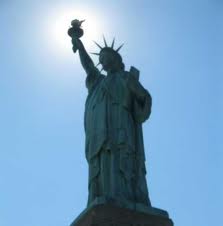Toddlers, Tiaras and the Law

“On any given weekend, on stages across the country, little girls and boys parade around wearing makeup, false eyelashes, spray tans and fake hair to be judged on their beauty, personality and costumes. … From hair and nail appointments, to finishing touches on gowns and suits, to numerous coaching sessions or rehearsals, each child preps for their performance. But once at the pageant, it’s all up to the judges and drama ensues when every parent wants to prove that their child is beautiful.” (“About Toddlers & Tiaras”, The Learning Channel).
If the parent’s quest to prove her child’s superior beauty is, indeed, the point of beauty pageants, French parents may soon need to find alternative ways of doing so. The New York Times reports that the French upper house this week passed a women’s rights bill that includes a ban on beauty pageants for children under the age of 16; the measure now goes to the lower house for discussion.

